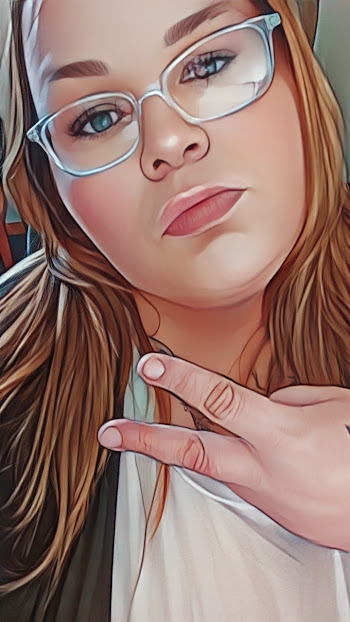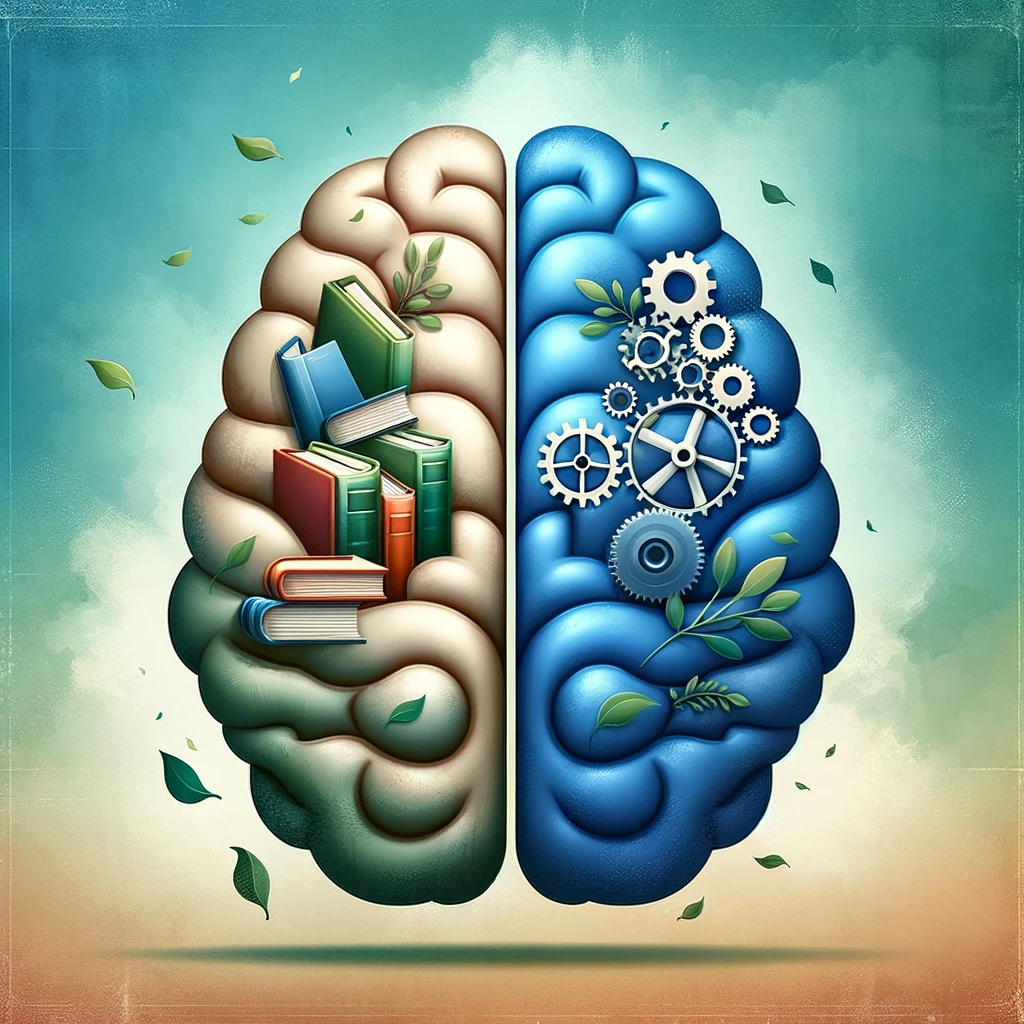From Meth and Mayhem to Miracles: My Wild Ride to Redemption
I get asked all the time, "What was it like?" They want to know about the chaos, the codependency, the criminal behavior, the abuse – physical, mental, emotional – and of course, the addiction. The dysfunctional world I lived in for so long. Well, let me tell you, it was a rodeo. A damn wild one.
I wasn't even two weeks old when my aunt and grandma found me alone in a crib with a bottle of water. I was just a baby, left to fend for myself. They took me to my grandparents' house, and I never really left. They adopted me, but it wasn't until fourth grade that I found out my "sister" was actually my mom. Yeah, that was a kick in the teeth.
I started using as a teenager. At 18, I hopped on a Greyhound to New York to marry some guy I met online. Yeah, that didn't end well. He dumped a bottle of vodka on my head and tried to set me on fire. Next up was a relationship full of cheating, lies, and lots of sex. And then there was the one filled with domestic abuse and obsession. Drugs were always there, woven through every toxic relationship, every bad decision.
Turns out my mom was an addict too, cooking meth for outlaw bikers and cartels. My dad was a pot dealer who joined the Marines. It's been a hell of a ride, and I never thought I'd end up where I am now. A substance use counselor with two amazing kids and a partner I actually love. People ask me how I did it, but it ain't as easy as it looks.
I've spent years working on myself, digging through the trauma and the baggage. I've done the 12-steps, worked in residential treatment, and now I'm taking on outpatient and teens. It ain't been easy, but it's been worth it. See, we can't move forward until we face all that crap head-on.
Addiction is a nightmare and a euphoria all mixed up. It's stealing from your family, crying yourself to sleep, and waking up to do it all again. It's feeling like you're bad to your core, like you're destined for hell. It's a constant battle, a civil war inside your own skin. It's the rituals, the routines, the endless cycle of destruction. It's losing yourself, piece by piece, until you ain't even sure who you are anymore.
But there's hope. There's always hope. If I can go from meth and mayhem to miracles, so can you. You ain't alone, and I'm living proof that you can get through this. It won't be easy, but damnit, it'll be worth it. Seek out counseling, find a support group, dig into your spirituality – whatever that means to you. I'm into ancient aliens and universal energy, but hey, whatever works.
And to the families out there, don't underestimate the damage this does. Addiction tears you apart, from the inside out. But there's help. Look for counseling, support groups, educational resources. Places like the National Institute on Drug Abuse (www.drugabuse.gov) and the Substance Abuse and Mental Health Services Administration (www.samhsa.gov) are a good place to start.
So, if you're struggling, reach out. If you're trying to understand someone who's addicted, keep trying. And if you're like me, a survivor, keep telling your story. Let's shine a light on the darkness and show the world that redemption is real.
Note: If you're struggling with addiction, please reach out to a trusted healthcare provider, a substance use counselor, or call a helpline like the Substance Abuse and Mental Health Services Administration's National Helpline (1-800-662-HELP (4357)).-Belle-











